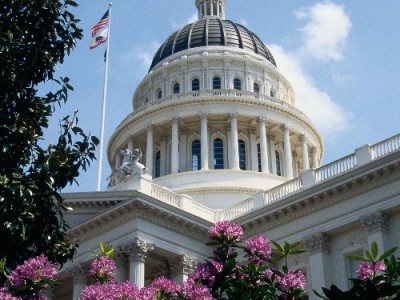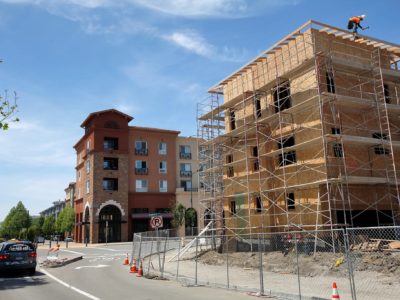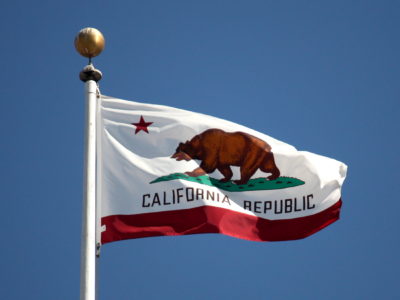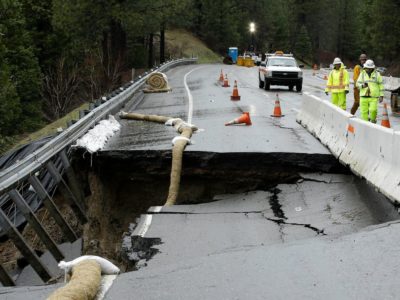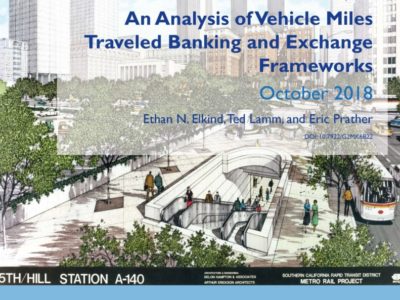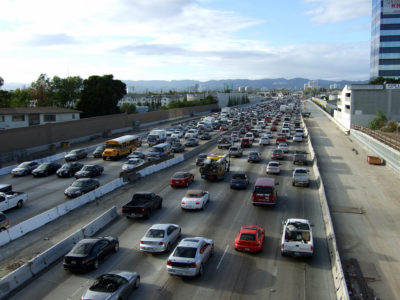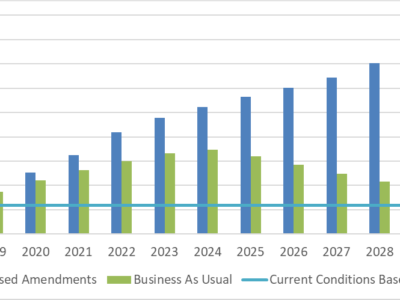Transportation
Recommendations For Governor-Elect Newsom To Address Wildfire, Water, & Climate and Transportation Threats
New CLEE and Resources Legacy Fund report based on three expert convenings
Climate change exacerbates the droughts, floods, and wildfires that Californians now regularly experience, making them even more extreme and unpredictable. Gavin Newsom, California’s next governor, faces the urgent challenge of simultaneously preparing for inevitable disaster, improving the quality of life for residents, and minimizing the greenhouse gas emissions of a society of nearly 40 million …
CONTINUE READINGMajor Legislation Reintroduced To Limit Local Restrictions On Housing Near Transit
State Sen. Scott Wiener takes another stab at solving California’s severe housing shortage
Last year, State Senator Scott Wiener (D-San Francisco) went right to the heart of California’s massive housing shortage in its job-rich centers with SB 827, which would have limited local restrictions on housing near transit. The bill went down in committee, a victim of election year politics and diverse opposition from wealthy homeowners, tenants rights …
CONTINUE READINGPost-election climate policy options
Options for newly empowered state governors, legislators and US House Representatives to advance climate policy
This post is co-authored by Dan Farber and Eric Biber. Democrats took control of the US House of Representatives in the election last week, took full control of six state governments (Nevada, Colorado, New Mexico, New York, Maine, and Illinois), took governorships in seven states (including Michigan, Wisconsin, and Kansas), and made significant gains in …
Continue reading “Post-election climate policy options”
CONTINUE READINGWhat The 2018 Election Results Mean For California Climate Policy
Big wins for state initiatives and pro-climate candidates, plus opportunities for high speed rail and cap and trade
Some big wins for California (and therefore national) climate policy last night: Lt. Governor Gavin Newsom is elected governor, which means the state will continue its climate leadership on various policy fronts Prop. 6 loses, which would have repealed the gas tax increase and meant less funding for transit going forward Prop. 1 wins, which …
Continue reading “What The 2018 Election Results Mean For California Climate Policy”
CONTINUE READINGMajor Policy Attacks on California’s Low Carbon Fuel Standard and Why They’re Off-Target
Second in a Series About California’s Low Carbon Fuel Standard Program
[Post co-authored by Ted Parson and Sean Hecht] In this post, we continue our discussion of California’s Low-Carbon Fuel Standard (LCFS), which we introduced in our post on October 4, 2018. Because it’s a prominent and ambitious policy that will reduce California’s reliance on petroleum-based transport fuels, it is unsurprising the Low-Carbon Fuel Standard has …
CONTINUE READINGCalifornia’s Proposition 6: Bad Policy & Nefarious Politics
Proposed Repeal of California’s Landmark “Gas Tax” Legislation Would Be Disastrous for State
Politicians don’t like to focus on infrastructure maintenance. It’s not sexy, doesn’t command media headlines, and captures little public attention. But maintaining a functioning, safe public infrastructure system is vital to ensuring a strong economy, protecting public safety and promoting long-term environmental goals. That’s why Proposition 6, a measure on California’s November 6th general election …
Continue reading “California’s Proposition 6: Bad Policy & Nefarious Politics”
CONTINUE READINGVMT Mitigation Webinar – Tuesday October 30, 10-11am
Berkeley Law’s free event will feature the Governor’s Office of Planning and Research
Under Senate Bill 743 (Steinberg, 2013), California law now requires developers of new projects, like apartment buildings, offices, and roads, to analyze and mitigate the amount of additional driving miles the projects generate. To facilitate compliance with SB 743, some local and regional leaders are considering creating “banks” or “exchanges” to allow developers to fund …
Continue reading “VMT Mitigation Webinar – Tuesday October 30, 10-11am”
CONTINUE READINGWhere Does California Stand On Managing Vehicle Pollution?
4 stories to watch as policymakers aim for cleaner air and safer streets
While California has been a decades-long leader in technologies and policies to reduce smog from cars, the state has in recent years been seriously ramping up efforts to simultaneously deliver cuts to vehicle carbon emissions, one of the state’s most stubborn climate policy challenges. Vehicle pollution poses both long-term risks for climate change and immediate …
Continue reading “Where Does California Stand On Managing Vehicle Pollution?”
CONTINUE READINGCalifornia Raises Its Ambition for a Low-Carbon Fuel Future
First in a Series About California’s Low Carbon Fuel Standard Program
[Post co-authored by Sean Hecht and Ted Parson] California’s Air Resources Board (CARB) has just enacted new regulations that strengthen the state’s Low Carbon Fuel Standard (LCFS). The LCFS is a major component of California’s greenhouse-gas control strategy, but receives surprisingly little attention, compared to other policies like the statewide cap-and-trade system and the renewable …
Continue reading “California Raises Its Ambition for a Low-Carbon Fuel Future”
CONTINUE READINGMitigating Increased Driving Miles From New Projects Under CEQA
New Berkeley Law/CLEE report released today; Webinar discussion on Tuesday, October 30th
California law now requires developers of new projects, like apartment buildings, offices, and roads, to reduce the amount of overall driving miles the projects generate. Senate Bill 743 (Steinberg, 2013) authorized this change in the method of analyzing transportation impacts under the California Environmental Quality Act (CEQA), from auto delay to vehicle miles traveled (VMT). …
Continue reading “Mitigating Increased Driving Miles From New Projects Under CEQA”
CONTINUE READING




